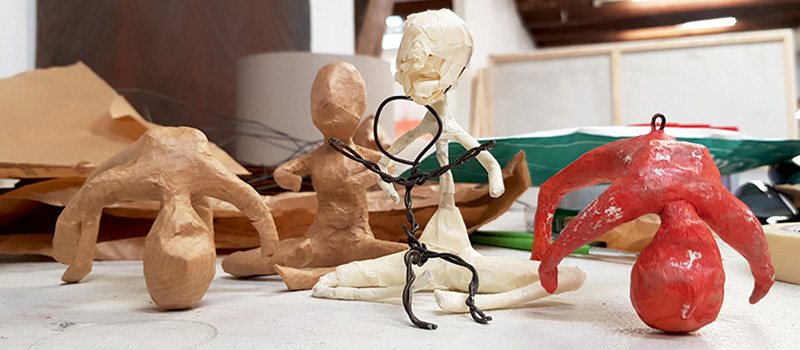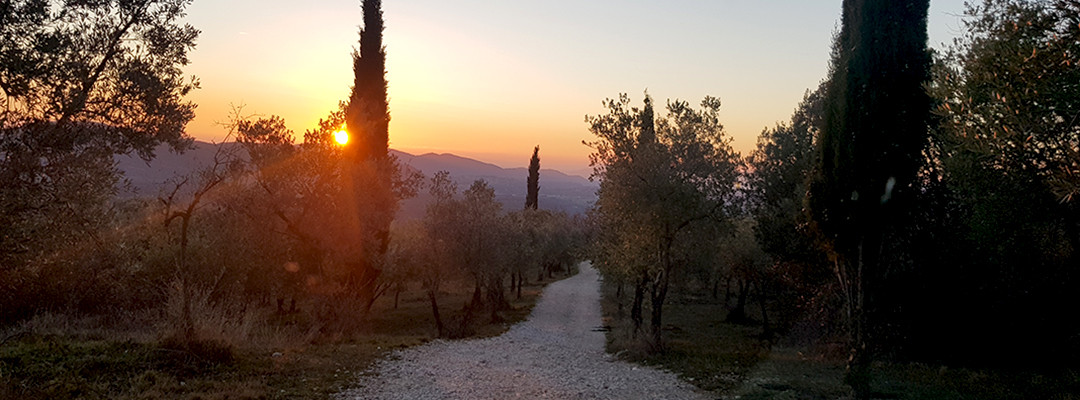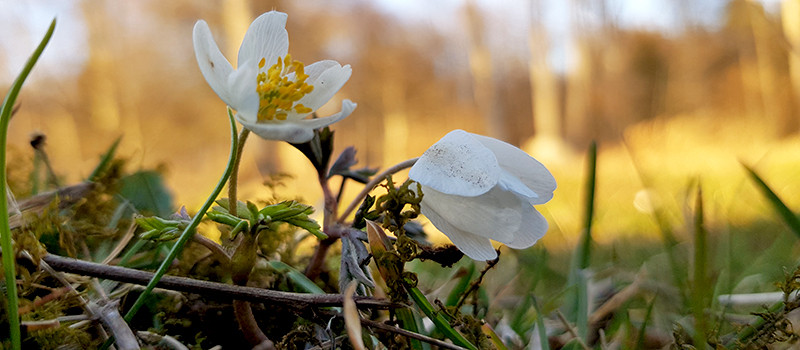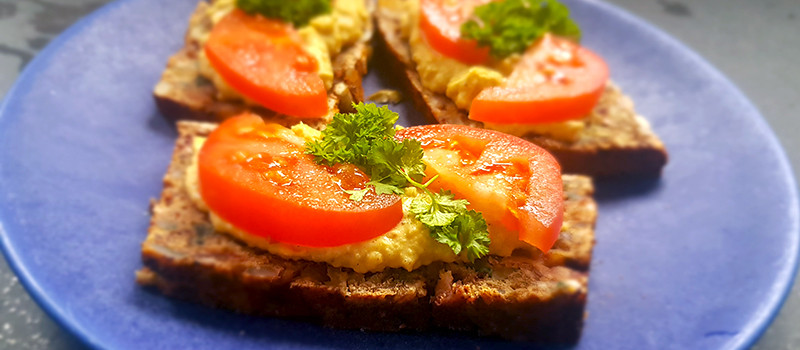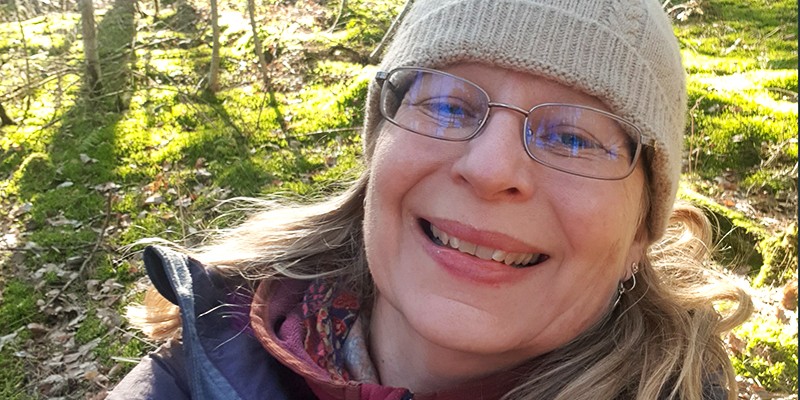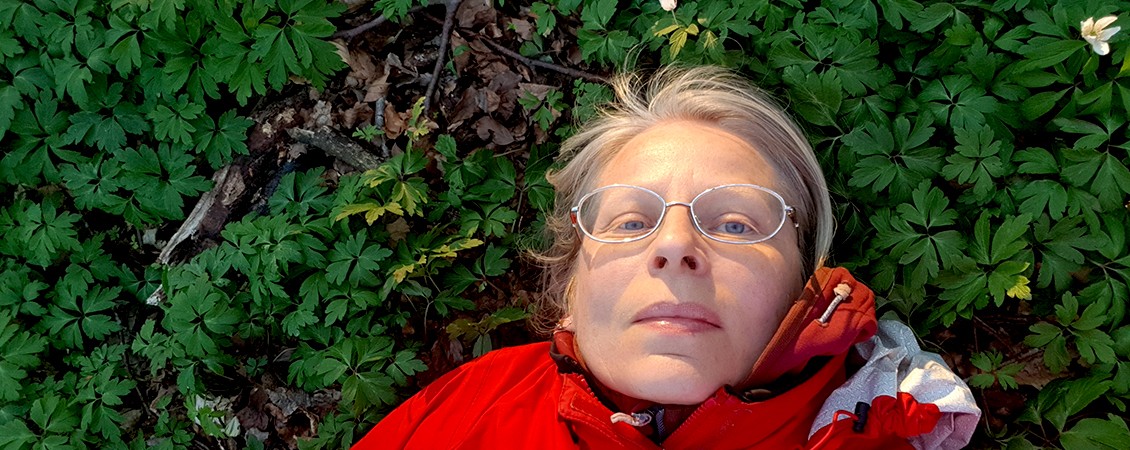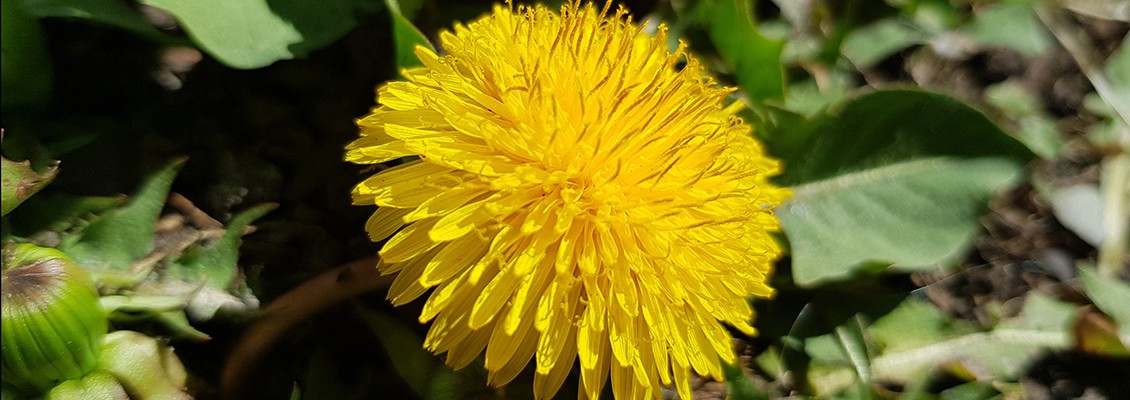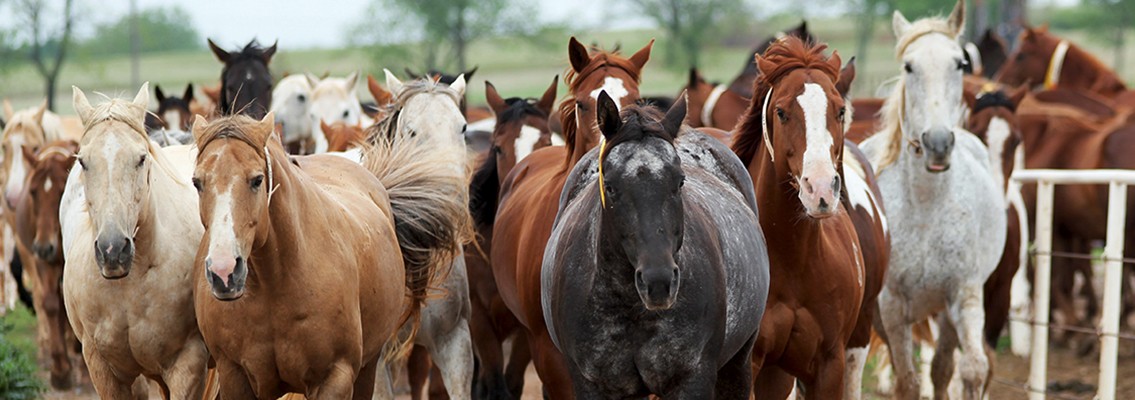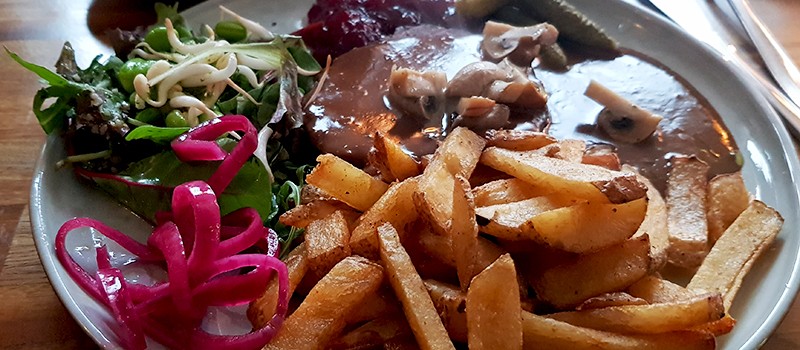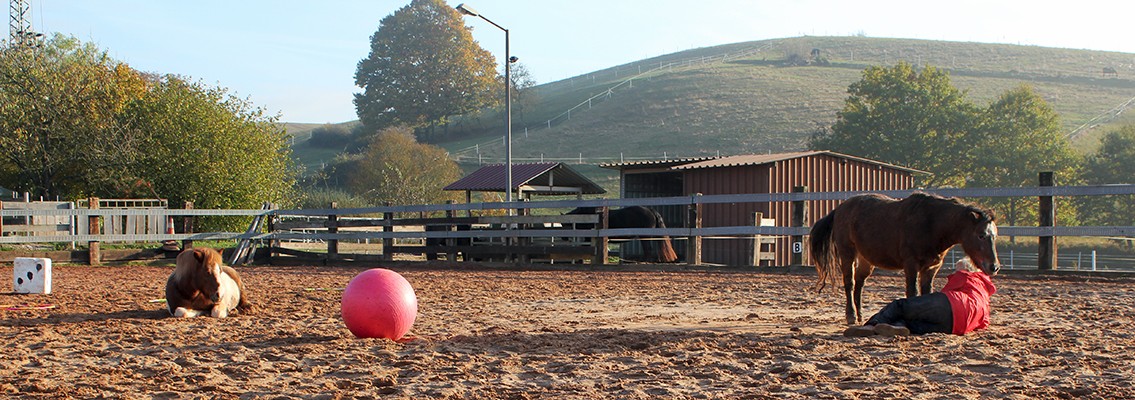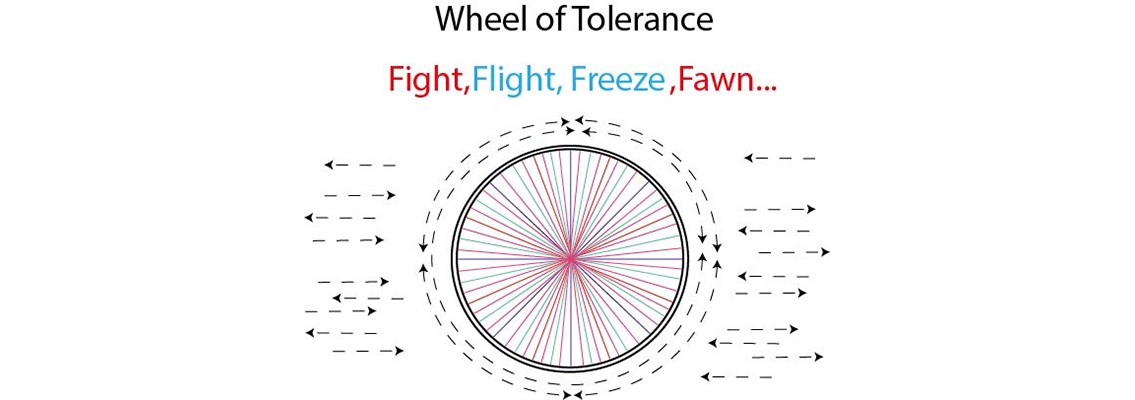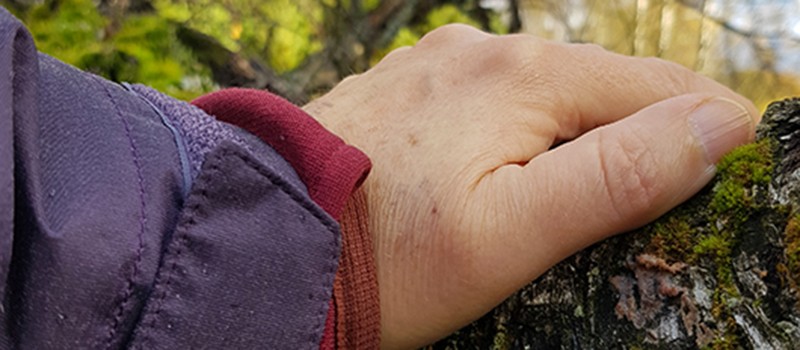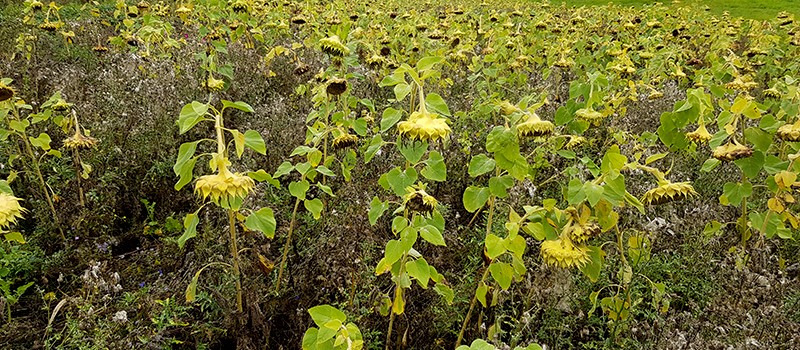...and to control the situations you find (found) yourself in…
Restricting, controlling, manipulating your eating works splendidly as a coping strategy to keep your anxiety about people and their doings in check. It very fast makes you not care about what they do or do not do. And you are in a place, a world – a mental space, where you are feeling like you are in control of something. Something is in your power to decide over, and there is finally some predictability in your life, and something to hold on to. Food – and what you use to control your food intake with become both your best friend and your worst enemy. You do not need anyone else. Or at least, that is what you tell yourself. If you only can stay with and keep yourself to your own restrictive eating rules, then, it will all be fine. Then nobody, or what they do, can really touch you, not psychically, not mentally, especially not mentally. All of a sudden – you have super-powers, secret super-powers. They ask you if you want something to eat – and you smile (outwardly a small one – inwardly a big smile) – and they do not know that you are in control, secretly. Even if they demand you to eat – they can’t make you. They can’t make you chew and swallow. Unless they put a gun to your head. Most of the time, they don’t do that.
But… as in all fairytales and dream scenarios, there is an evil stepmother… king, dragon…. After the initial “highs” from your ability to control things, it turns out – you are not in control at all. Now, instead of being controlled by other people, you are controlled by food, your own thoughts about food, your own behaviors. Suddenly you fear food as much as you fear people, and you fear the consequences of eating – too much, too little… everything around food becomes complicated and anxiety provoking. You add more and more rules and restrictions – and probably exercise. The need to move all the time – is entering your life (and has no longer only to do with emotional outlet or emotional regulation).


